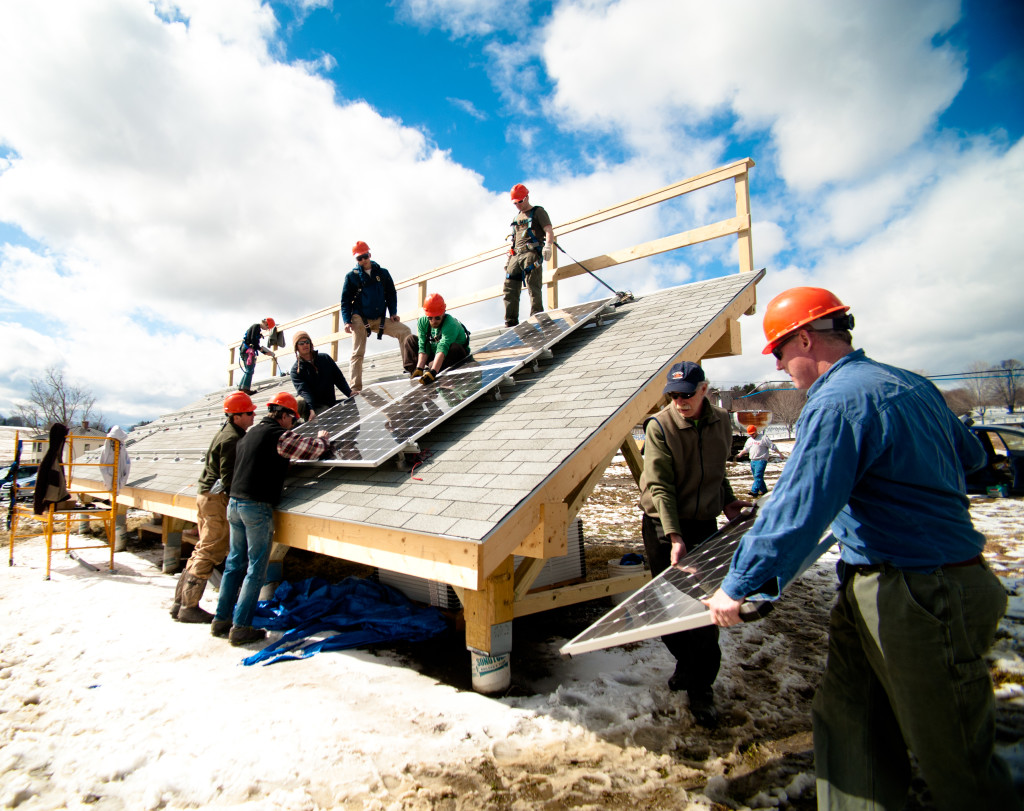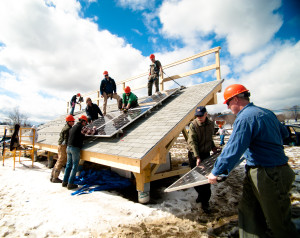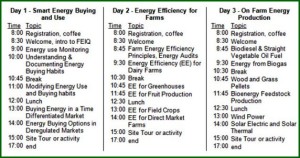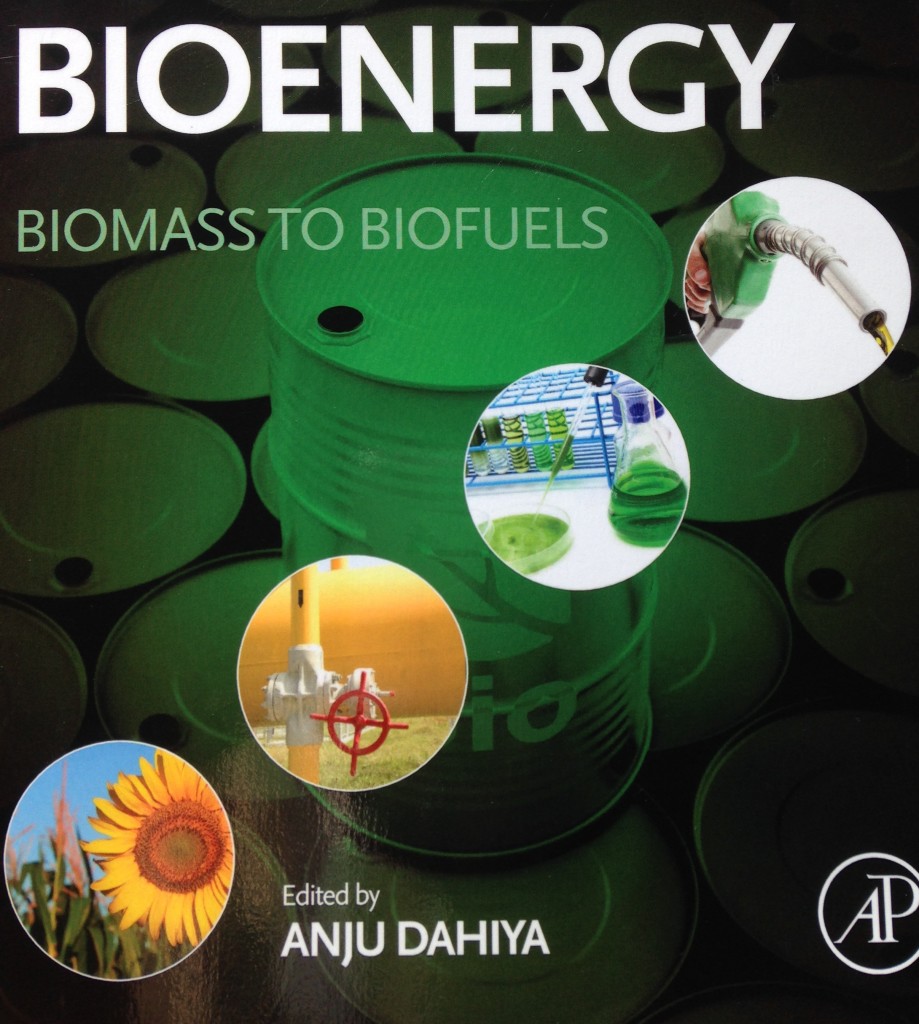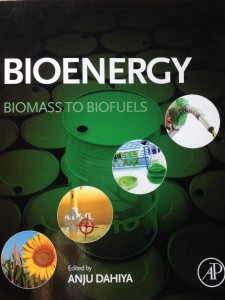
Bioenergy: Biomass to Biofuels; is an innovative new textbook that provides insight into the potential and current advances and benefits of biofuel. Contributions include an extensive list of well-respected university extension programs, such as The University of Vermont Research Extension, as well as numerous national organizations including the US Department of Energy’s National Renewable Energy Laboratories. The text is edited by Anju Dahiya, cofounder of General Systems Research, LLC and lead biofuels instructor at the University of Vermont’s Rubenstein School of Environment and Natural Resources, both of which stand as leaders in cutting-edge topics such as microbial fuels and biogas. The chapters of the book are divided into solid, liquid and gaseous biofuels, and further explore cost-effective production as well as discussions covering economics, environment and policy.
Organized into seven accessible sections, Bioenergy: Biomass to Biofuels begins with an in-depth overview of the transformation of biomass into biofuels. Once the basics are covered, readers move on to the technical applications of solid feedstocks, such as wood and grass, and their transformation into biofuels. The following section discusses biomass to liquid biofuels—text focuses on oilseeds, cellulose ethanol, and algae as feedstocks. Anaerobic digestion is explored in a section outlining gaseous fuels and bioelectricity and focuses primarily on livestock manure feedstocks. Throughout the chapters, the tradeoffs and benefits of these different feedstocks are outlined through deeper analysis.
Multiple chapters focus in detail on conversion pathways for cost effective biofuel production. The myriad of topics include basic biodiesel production efficiency, converting petroleum-based infrastructure into biorefineries, reducing enzyme cost through varying combinations, and sustainable aviation biofuels. The text concludes with a robust section that connects biofuels to a big picture perspective—economics, sustainability, environmental implications, and policy are examined closely in relation to renewable resources, future uncertainties, and entrepreneurship.
Bioenergy: Biomass to Biofuels is structured to meet the needs of professionals finding their way in the field, students in need of an introduction, and instructors establishing a course on biofuels. Case studies on provided topics are found at the end of every section and are based on documented implementation projects. Bioenergy: Biomass to Biofuels is available for purchase on the Elsevier publisher website. Editor Anju Dahiya, owner of General Systems Research in Burlington, Vermont and is a Vermont Bioenergy Initiative grant recipient to advance research and applications of converting algae into biofuel.




